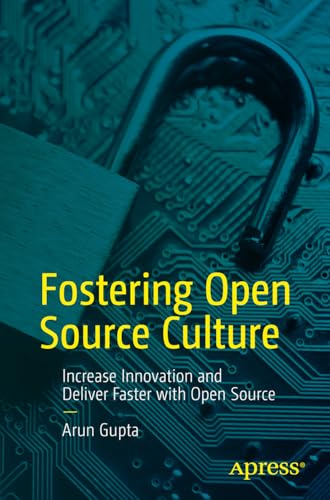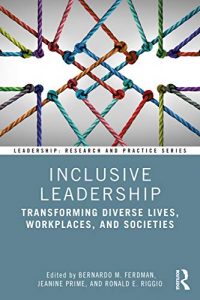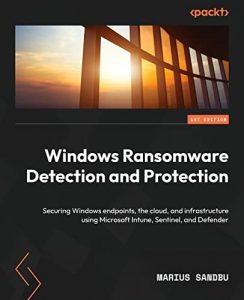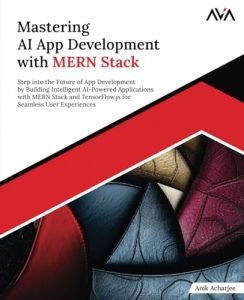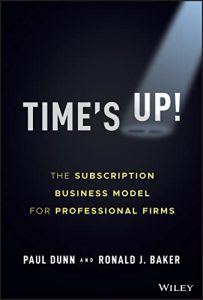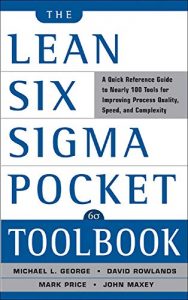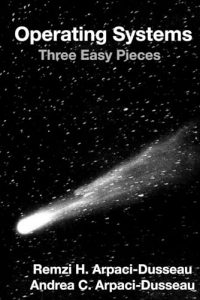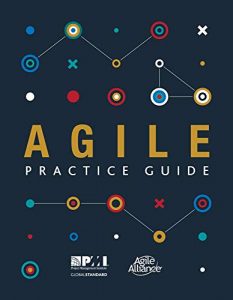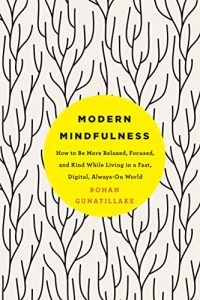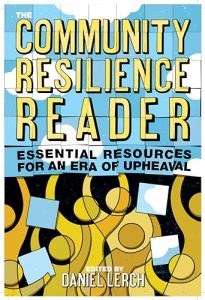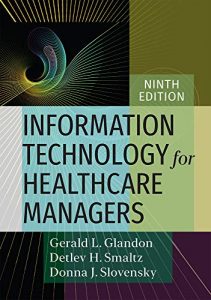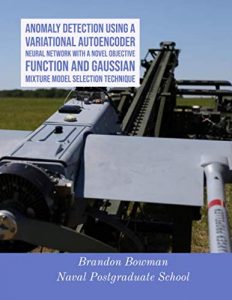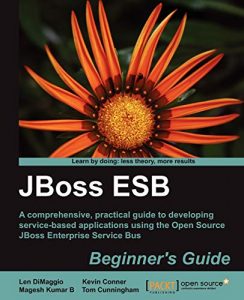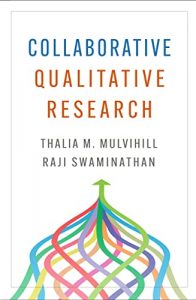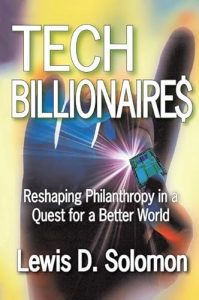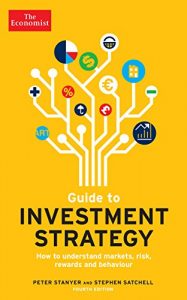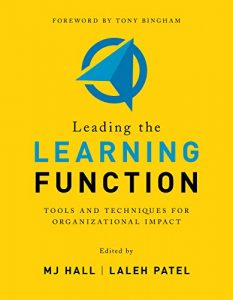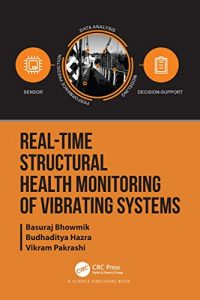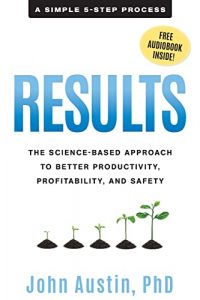Unlocking Innovation Through Open Source
Open source technology is more than a trend; it’s the foundation for innovation in software development and data science. Here, we celebrate ten essential books that every tech enthusiast should add to their library, each providing profound insights into harnessing open source methodologies.
1. Fostering Open Source Culture: Increase Innovation and Deliver Faster with Open Source
By Arun Gupta, this book delves into the vital role that fostering an open-source culture plays in driving innovation. Gupta provides actionable strategies to implement within organizations, ensuring that teams not only adopt open source but thrive within this collaborative ecosystem. With practical examples and a clear roadmap, it’s a must for leaders looking to enhance productivity and innovation.
2. Remote Sensing and GIS for Ecologists: Using Open Source Software
Authored by Martin Wegmann, Benjamin Leutner, and Stefan Dech, this book is an invaluable resource for ecologists aiming to leverage open-source software for remote sensing and GIS applications. It highlights practical techniques for wildlife management and environmental monitoring, underscoring the relevance of open source in ecological research. This book bridges the gap between technology and ecology, making it essential for professionals in the field.
3. Free and Open Source Software: Policy, Law And Practice
This comprehensive guide by Noam Shemtov and Ian Walden dives into the legal landscape surrounding free and open source software. Covering key topics such as licensing, compliance, and policy implications, it serves as a critical reference for legal professionals and technologists alike, ensuring that you navigate the complexities of open source confidently.
4. Open Source Software in Life Science Research
Lee Harland and Mark Forster present practical solutions to challenges faced in the pharmaceutical industry. This book emphasizes the role of open source software in advancing life sciences research, showcasing real-world applications and case studies. Its valuable insights make it a must-read for researchers looking to leverage open source for breakthroughs in health science.
5. The Architecture of Open Source Applications
This remarkable compilation by a group of talented authors, including Robert Chansler and Russell Bryant, provides deep insights into the design and architecture of various open source applications. Each chapter unfolds the thought process behind the development of real software projects, making it an insightful guide for developers aiming to improve their coding and architectural understanding.
6. Linux® Hardening in Hostile Networks
Kyle Rankin offers a detailed look at hardening Linux systems to defend against potential threats. In today’s increasingly cyber-aware environment, this book is essential for IT professionals and system administrators responsible for security. Rankin’s practical approach empowers readers to secure their environments effectively, making this a vital addition to your security toolkit.
7. Open Source Software License Management A Complete Guide – 2020 Edition
Gerardus Blokdyk provides a complete guide to managing open source software licenses effectively. In an era where licensing issues can lead to legal complications, this book arms readers with the knowledge and tools required for successful license management, crucial for businesses leveraging open source solutions.
8. Embedded Linux Systems with the Yocto Project
Rudolf Streif teaches readers how to develop embedded systems using the Yocto Project, making it a fantastic resource for engineers and developers in the embedded field. The book provides hands-on examples, guiding readers through the intricacies of embedded Linux and its practical applications, thus becoming critical to building modern devices.
9. Understanding Open Source and Free Software Licensing
Andrew St. Laurent explores the nuances of open source licenses and their implications for software development. This guide helps readers navigate the sometimes-confusing realm of licensing issues, ensuring compliance and understanding, which is vital for any developer in the field of software engineering.
10. Data Analysis with Open Source Tools
Philipp K. Janert delivers a practical guide for programmers and data scientists seeking to utilize open source tools for data analysis. The book provides hands-on guidance, covering wide-ranging techniques and tools. Whether you are a novice or an experienced practitioner, this resource will enhance your data skills and make open source tools attainable.
In summary, these books provide a wealth of knowledge on open source technologies and their applications, invaluable for professionals aiming to foster innovation and enhance their technical expertise.

